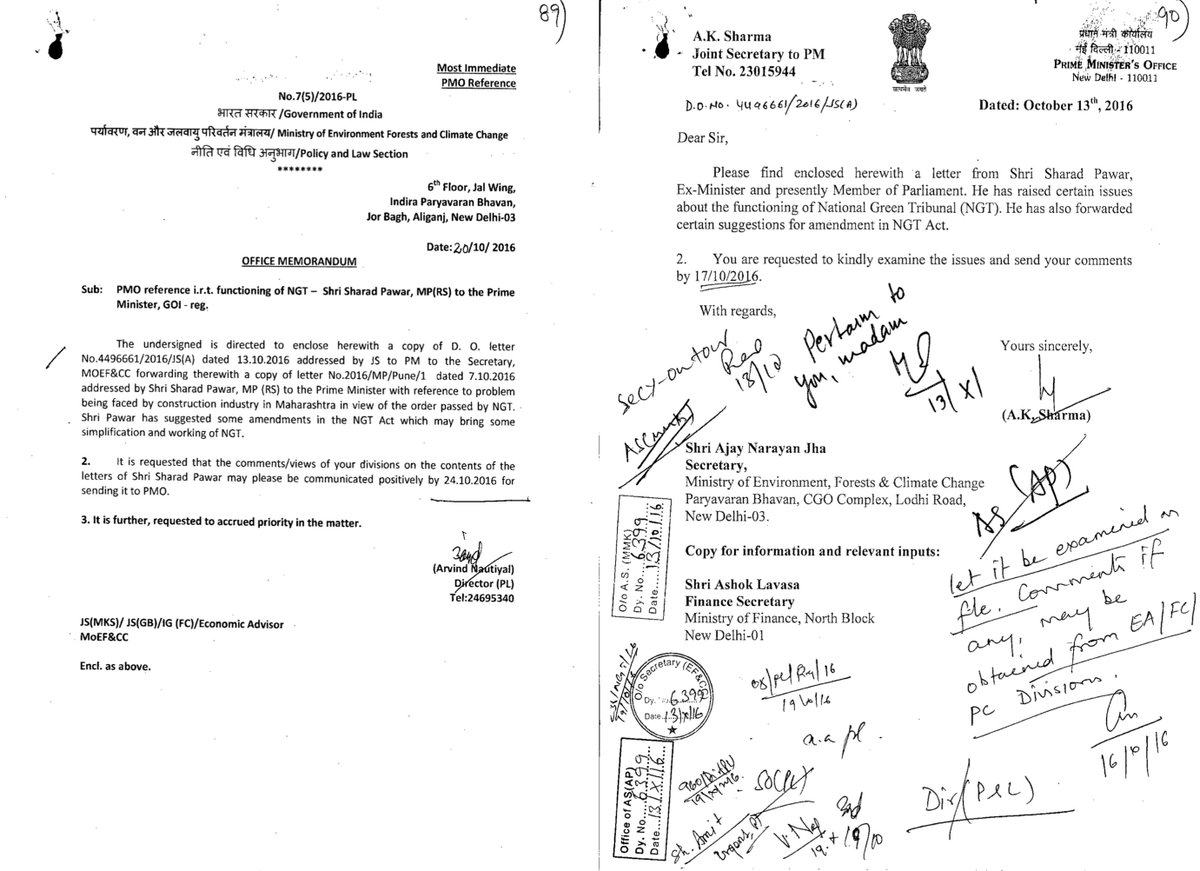Save games are hard primarily because modern programming doesn't just let you take chunks of raw bytes from RAM, write them to disk, then later put them back and have the same state you had before 1/
In Untitled Goose Game the system they used will for the most part create ANY object in the .NET framework 12/
The only secure way to use untrusted user data (files, data from over the network) is to do it the hard way. 15/
This is why you see games like Shadowrun Returns and Underworld Ascendant launch with only checkpoint saves
DO NOT
- Easy
- Secure
- Robust
Pick two










